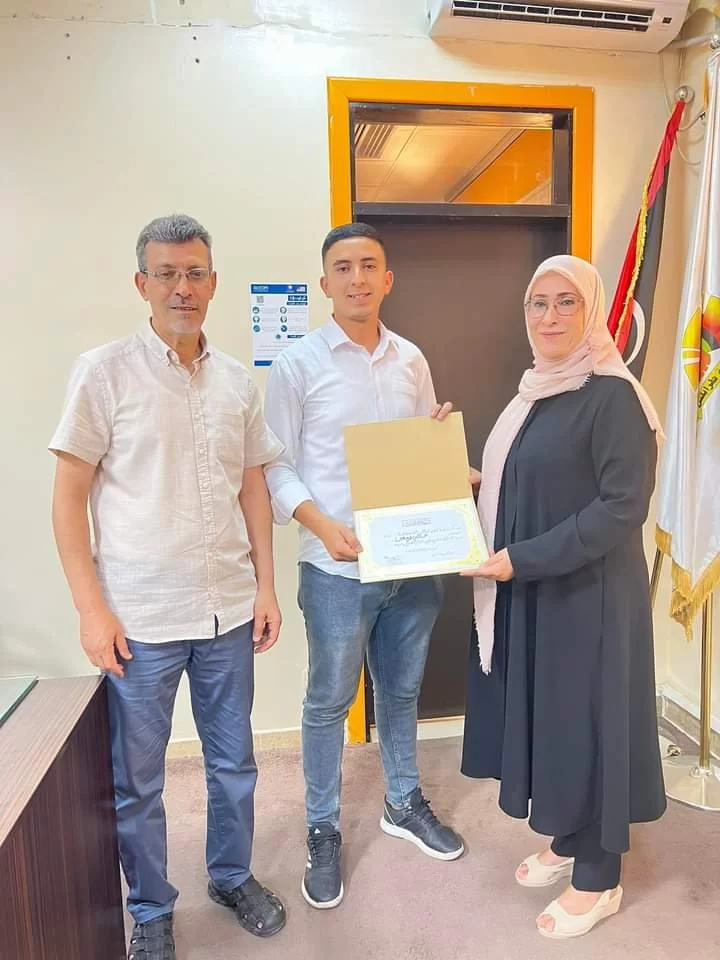كلية التقنية الطبية
المزيد ...حول كلية التقنية الطبية
حقائق حول كلية التقنية الطبية
نفتخر بما نقدمه للمجتمع والعالم
13
المنشورات العلمية
93
هيئة التدريس
38
الطلبة
37
الخريجون
أخبار كلية التقنية الطبية
2022-06-19
267
0
2022-06-12
435
0
2022-06-19
267
0
2022-06-12
435
0
من يعمل بـكلية التقنية الطبية
يوجد بـكلية التقنية الطبية أكثر من 93 عضو هيئة تدريس

أ. اسامة امحمد محمد حويتة
















